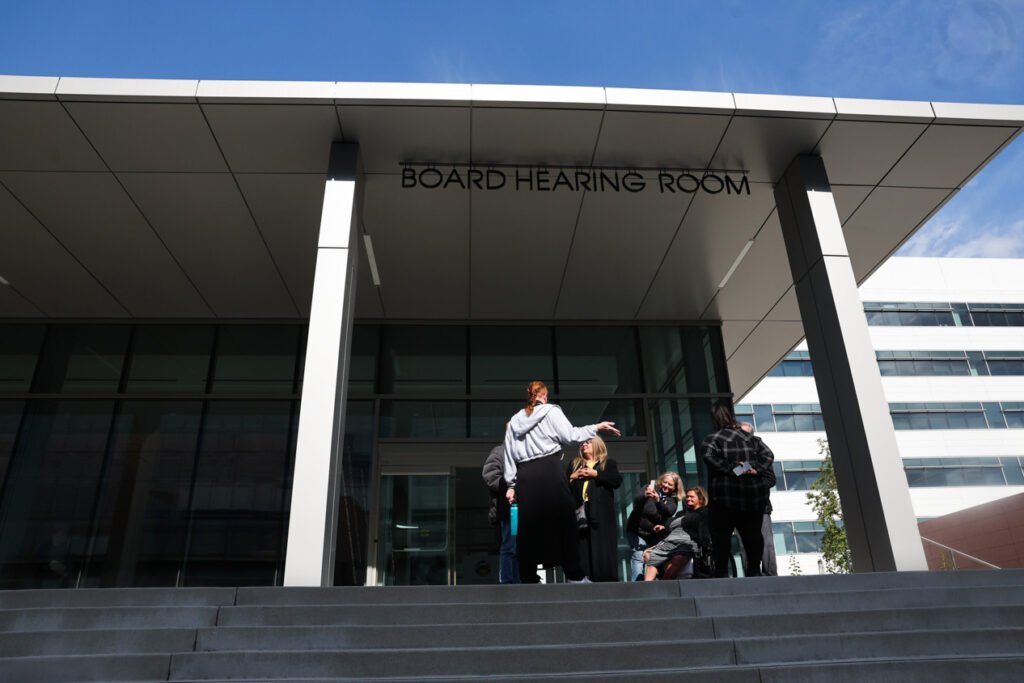Who Proposed a 25% Salary Increase for the Orange County Board of Supervisors?
In June 2025, the Orange County Board of Supervisors made a decision that reverberated throughout the community: they voted to increase their salaries by a staggering 25%, raising their annual pay to over $244,000, surpassing even California Governor Gavin Newsom’s salary. This controversial move left many residents questioning not only the motives behind the hike but also who truly drives decision-making in the County of Orange.
As I began to unearth the origins of this proposal, the initial responses I received were in the form of silence—akin to the echo of an empty chamber. The board members, tasked with serving a populace of over 3 million, were uncharacteristically reticent. But one voice cut through the silence: Supervisor Katrina Foley, the lone dissenting vote against the salary increase. In a candid interview, Foley revealed that the idea for the raise originated from two Republican members on the board: Supervisors Don Wagner and Janet Nguyen.
A Vote That Left Many Confounded
The moments leading up to the vote on June 11 saw not just a shift in numbers but a shift in responsibility. Supervisor Foley shared her incredulity at how the proposal came to fruition—she learned of it only during a budget briefing. “I said, you won’t get my vote for that,” Foley stated firmly, noting that she believed the discussion was not initiated by county staff but rather from the board members themselves.
Foley’s suspicions were confirmed when Wagner, in a rare moment of openness, admitted in a subsequent exchange, “The idea did come from the board. One of us, not me, floated increases to staff and to our budgets.” However, he couldn’t remember the specifics or who initiated the conversation regarding supervisor pay. This ambiguity was telling. Was it merely a procedural oversight or a deliberate strategy to obscure accountability?
County Spokeswoman Molly Nichelson echoed Wagner’s sentiments without providing clarity: “We cannot confirm where the idea came from but know that we do ensure compensation is comparable and reasonable with our peer counties.” This raises an important question: how does “comparison” justify raises in times of budgetary constraints?
Understanding the Context
- Numerous county officials received substantial raises during a period marked by budget woes.
- The pay hike aligns closely with raises awarded to other top officials in the county, including CEO Michelle Aguirre, increasing her salary to $460,000.
- The population of Orange County, known for high living costs, feels the pinch in various sectors, especially when critical services are underfunded.
While Wagner defended the hike through comparisons to compensation rates of “many of the folks under us in the organization,” the timing of this decision was suspect. Amid public health crises and increased service demands on county employees, the optics of self-enrichment couldn’t be worse.
Crisis and Controversy
The timing of the salary hikes juxtaposed against a backdrop of brash misconduct—ranging from bribery scandals to critical grand jury reports on county management—further exacerbated public outrage. As county employees face pay freezes and budget cuts, the decision by the board sparked ire and accusations of hypocrisy. The Orange County Employees Association, representing 18,000 workers, issued a poignant rebuke, highlighting the blatant inconsistency between the board’s actions and its stated goals.
Experts in public policy suggest a disconnect between elected officials and the citizens they serve. Dr. Linda Martinez, a sociologist specializing in political accountability, remarked, “Public officials must remember that their decisions reflect public trust. This salary increase during such tumultuous times may alienate the community from their leadership.” Citing a recent study by the National Institute of Public Administration, Martinez noted that self-serving financial moves by policymakers can severely undermine community engagement and trust in local governance.
Moreover, the narrative emerging from the board meeting agendas significantly obscured the reasons for these raises. The salary increase was buried within voluminous documents—often requiring meticulous scrutiny to uncover such pivotal decisions. This led many to wonder if transparency was merely an illusion created to shield the supervisors from accountability.
The New Standard for Transparency
In the aftermath, several board members took steps to distance themselves from the raising salaries saga, returning their increases to charitable causes—a move lauded by some as magnanimous, while others viewed it as a mere bandaid over gaping wounds. Supervisor Vicente Sarmiento announced he would donate his entire raise, stating, “We need to prioritize our community, not our personal gain.” His assertion, however, was met with skepticism by critics who demanded more than only symbolic gestures.
As board members went on recess until August 12, community discussions raged on social media platforms, local news outlets, and at town hall forums. Citizens voiced their discontent with the board’s actions, urging the need for change in governance that genuinely reflects the values and needs of the populace. The board’s conduct had opened a chasm between them and those they purported to serve, beckoning a reevaluation of who holds power—and how it is wielded.
In closing, the question remains: who is truly in charge in the County of Orange? As civic trust teeters on the brink, achieving a sense of accountability in governance will require not only transparency but also a compelling commitment to the needs of the community. The salary increase at the Orange County Board of Supervisors may have illuminated the fractures within its governance, but the ensuing debate may indeed establish a new standard for future actions—and perhaps, even a renewed faith in public service.





